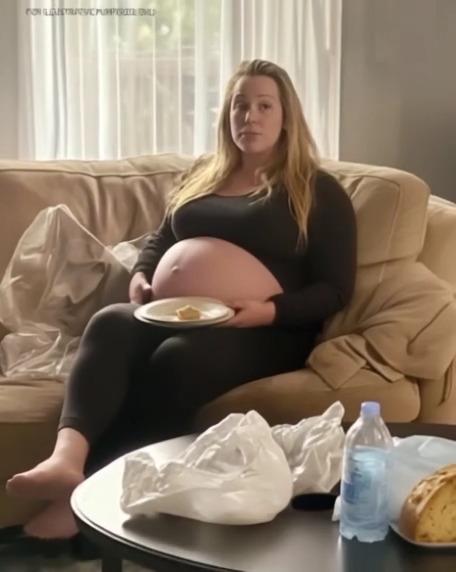Chapter 1: When Dreams Shatter Like Glass
My name is Elizabeth—Liz to those who knew me before everything fell apart. At thirty-five, I thought I had mapped out the geography of my life: a loving husband, a house with good bones and better memories, and someday, the sound of children’s laughter echoing through rooms that waited patiently to be filled.
But life, I’ve learned, has a cruel sense of humor about our carefully laid plans.
The morning Tom left me, I was standing in our kitchen making coffee—the same kitchen where we’d shared thousands of breakfasts, where we’d talked about baby names over Sunday pancakes, where I’d cried into his shoulder month after month when the pregnancy tests came back negative. The coffee maker gurgled its familiar tune, and for a moment, everything felt normal.
“I can’t wait anymore,” he said, not even looking up from his newspaper. His voice was flat, emotionless, like he was commenting on the weather or the stock market.
Just like that. Four years of trying, of hoping, of enduring fertility treatments that cost more than our car and hurt more than I ever thought possible—dismissed in five words.
The Weight of Empty Rooms
We had tried everything. The temperature tracking that turned intimacy into a scheduled appointment. The fertility specialists in three different states who spoke in percentages and probabilities. The hormone injections that made me feel like a stranger in my own body. The vitamins, the dietary changes, the acupuncture sessions where I lay still as pins while silently begging the universe for a miracle.
Every month was the same cruel cycle: hope building like a crescendo, followed by the devastating silence of another negative test. I became an expert at reading Tom’s face, watching optimism slowly drain from his eyes like water from a broken vessel.
“We could try adoption,” I whispered that morning, though we’d had this conversation before. I knew his answer, but desperation makes us repeat ourselves, as if saying something enough times might change reality.
He finally looked at me then, and what I saw broke something inside me that I’m not sure will ever fully heal. It wasn’t anger or frustration—it was pity. He looked at me like I was something broken that couldn’t be fixed.
“I want my own kids,” he said. “My blood.”
